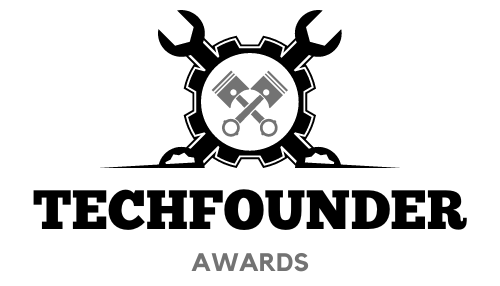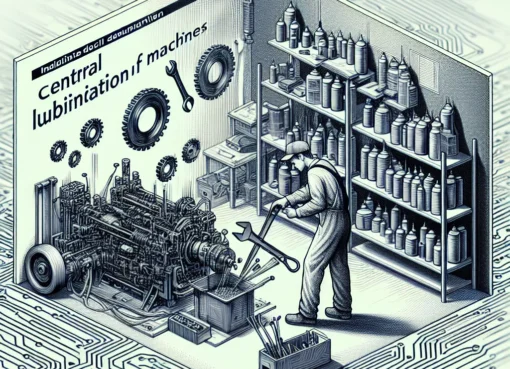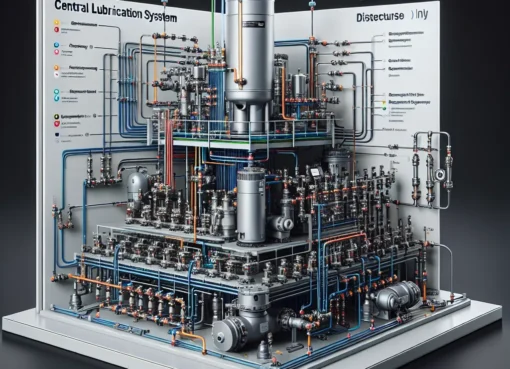5 Essential Tips for Successful Job Interviews

Prepare, Prepare, Prepare: How to Research the Company You’re Interviewing With
When preparing for a job interview, one of the most crucial aspects is researching the company you’re interviewing with. Thorough research will demonstrate your genuine interest in the company and the position, setting you apart as a well-prepared candidate. Here are five essential tips to ensure you successfully research the company before your interview.
1. Company Website: Start by thoroughly exploring the company’s website. Pay close attention to their mission statement, values, and the products or services they offer. Understanding the company’s background and offerings will provide valuable insight and help you tailor your responses during the interview.
2. News and Press Releases: Stay updated with the latest news and press releases about the company. This will give you an understanding of their recent achievements, challenges, and any significant developments. Being knowledgeable about the company’s current standing can help you engage in meaningful discussions during the interview.
3. Company Culture: Researching the company’s culture is vital to assess whether you would be a good fit. Look for employee testimonials, company events, and social media presence to gauge the work environment and values. Aligning your values with those of the company will demonstrate your long-term commitment and compatibility.
4. Industry Trends: Explore the broader industry in which the company operates. Understanding industry trends, challenges, and opportunities will exhibit your expertise and proactive approach. Employers appreciate candidates who comprehend the larger context in which the company functions.
5. LinkedIn and Glassdoor: Utilize professional networking platforms like LinkedIn and employee review sites like Glassdoor to gain insights from current and former employees. These platforms can provide valuable information about the company’s leadership, organizational structure, and potential challenges.
By thoroughly researching the company you’re interviewing with, you’ll enter the interview armed with valuable knowledge and insights. This preparation will not only boost your confidence but also convey your genuine interest in the role and the company, setting the stage for a successful interview.
Nailing the First Impression: Mastering Your Body Language and Handshake
Sure! Here’s a fragment for your article:
When it comes to acing a job interview, nailing the first impression is crucial. One of the key elements in making a positive first impression is mastering your body language and handshake. Non-verbal cues can speak volumes before you even utter a word, so it’s essential to convey confidence and professionalism through your body language.
Start with a firm handshake. A weak handshake can project a lack of confidence, while an overly strong one may come across as overly aggressive. Aim for a confident grip, matching the pressure of the interviewer’s handshake. Maintain good eye contact, stand or sit up straight, and avoid fidgeting. These non-verbal cues can convey confidence and attentiveness.
Additionally, pay attention to your facial expressions. A pleasant and genuine smile can go a long way in creating a positive connection. Keep your gestures open and avoid crossing your arms, which can be perceived as defensive. By mastering your body language and handshake, you set the stage for a successful job interview from the moment you walk in the door.
Remember, your body language and handshake are powerful tools in shaping the first impression you make on a potential employer. Mastering these elements can significantly impact the outcome of your job interview.
The Power of Follow-Up: Why Thank-You Notes Make a Difference
Following up after a job interview can make a significant impact on your candidacy for the position. Sending a thank-you note to your interviewer is a powerful way to reaffirm your interest in the role and express your gratitude for the opportunity to interview. Not only does it demonstrate your professionalism and courtesy, but it also allows you to reiterate your qualifications and re-emphasize your fit for the position.
When crafting your thank-you note, it’s essential to personalize it for each interviewer and reference specific points from your conversation. This not only shows that you were attentive during the interview but also helps to jog the interviewer’s memory about your interaction. Furthermore, expressing your enthusiasm for the role and company in the thank-you note reinforces your commitment and can set you apart from other candidates.
Moreover, sending a thank-you note provides another touchpoint to keep you on the interviewer’s radar. In a competitive job market, this additional opportunity to maintain a connection can be invaluable. It also showcases your proactive communication skills, which are highly regarded by employers.
In today’s digital age, an emailed thank-you note is generally acceptable and can be sent promptly to have a timely impact. However, if you feel it would be particularly well-received based on your rapport with the interviewer, sending a handwritten note can further distinguish you from other candidates. Whichever method you choose, ensure that your follow-up message is sincere, concise, and error-free.
In conclusion, the power of follow-up, particularly in the form of thank-you notes, should not be underestimated. It’s an effective way to leave a positive impression, demonstrate your interest, and stand out in the competitive job market. By seizing this opportunity to reconnect with your interviewer, you can reinforce your candidacy and potentially tip the scales in your favor.



